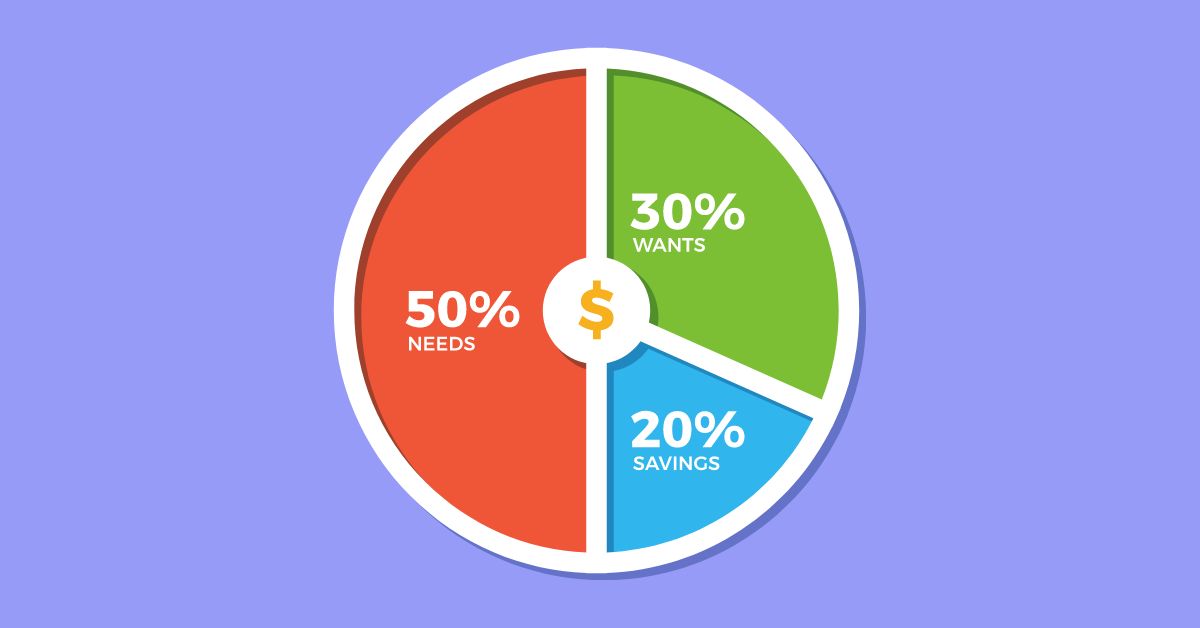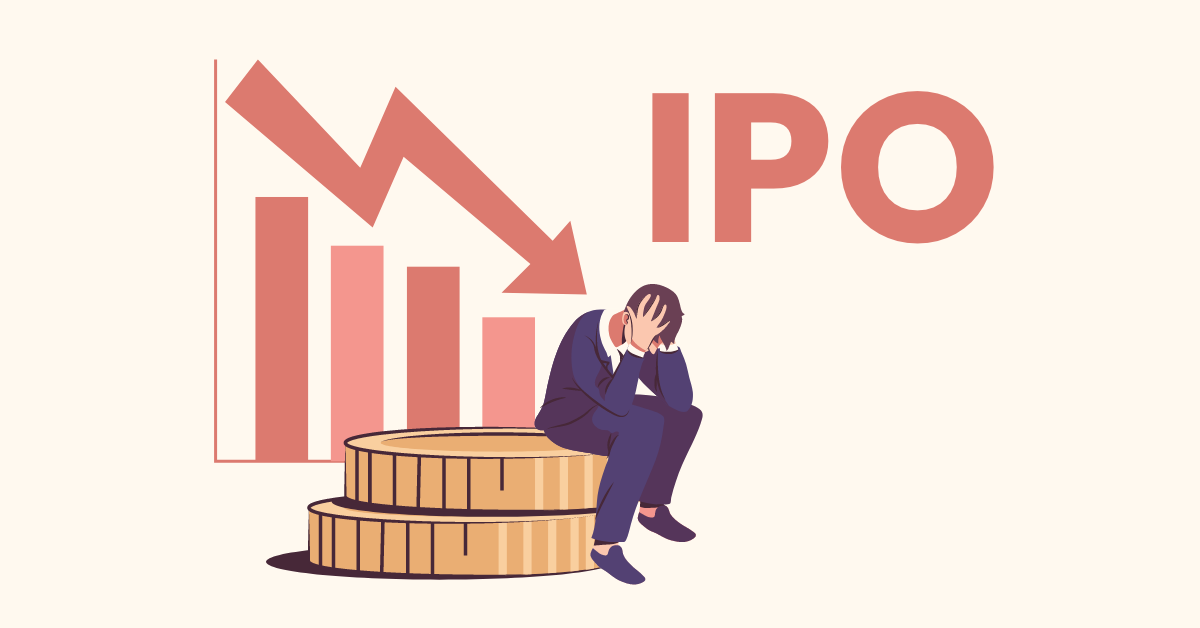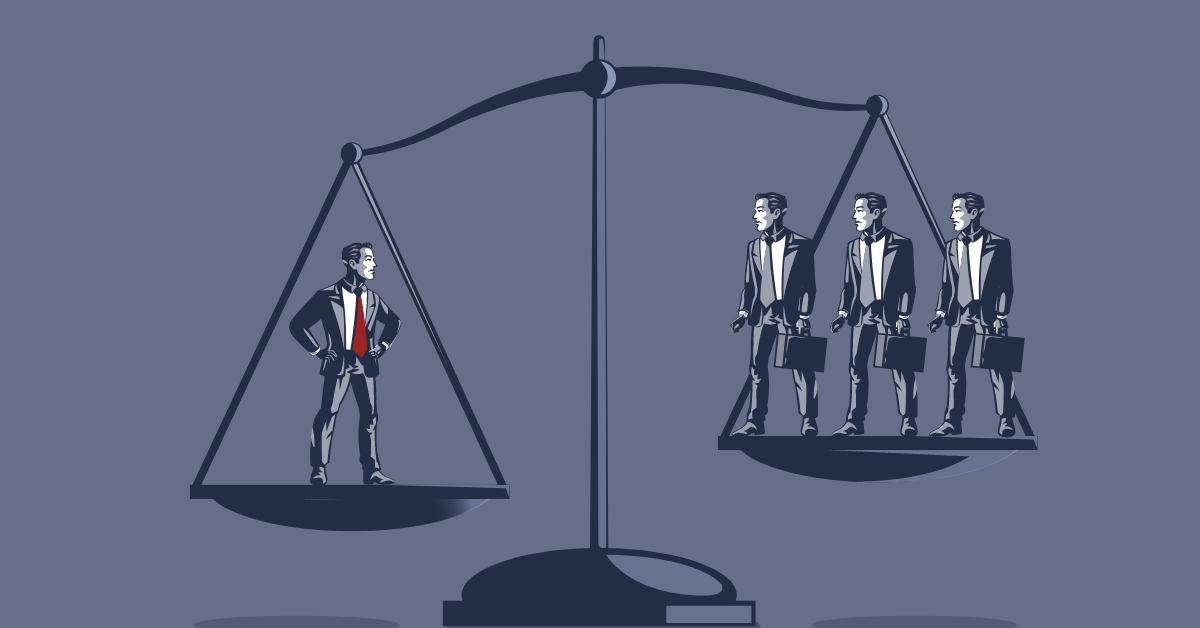It is the same story. It happens to many of us. A company’s share price rises right after we sell it, and falls right after we buy it. For a few other investments, we as newbies might wonder what would have happened, if we held them for longer.
Enter investment time horizons or just investment horizons. After all, it is important to know for how long we need to hold on to our investments. In this article, we shall take a look at what investment horizons are, what are the types of investment horizons, and the associated risks.
What is an investment horizon?
An investment investment horizon is the period for which an investor expects to hold an investment before selling it.
For example, investing for retirement involves a long-term investment horizon, saving for a child’s education involves a medium-term investment horizon, and saving for the next down payment could be for a short investment horizon.
Investment time horizons are critical to investing because they indicate the time for which an investor holds their investment to compensate for the risks they take.
Types of Investment Horizons
1. Short-term investment horizons
First, let’s talk about the short term. This type of investment horizon typically doesn’t exceed three years. It is appropriate for risk-averse investors or those who might require money in the short term, because they would want to protect their principal.
For example, investors who are nearing retirement might have a shorter time horizon and might be highly risk-averse. They will soon have to fund their living expenses from the assets that they own, instead of a paycheck. After accumulating a retirement corpus, they invest in safer instruments for the short term.
If your investment horizon is short, consider parking your money in investments that behave like cash. The key here is to investments that preserve principal and are liquid.
2. Medium-term investment horizons
Medium-term investments are typically held for three to seven years. The medium-term horizon is ideal for investors who can take moderate levels of risk and volatility.
These investors may be garnering funds for college, marriage, or even a house. They are somewhere between the middle to high-risk segments. Usually, they invest in equity as well as in safer and fixed-rate investments.
3. Long-term investment horizon
The long-term investment horizon is for those investors who are willing to take big risks for big rewards. This is because investments will have plenty of time to rebound from any short-term downturns.
Most of the time these investors invest heavily in risky investments, like equity, with potentially high returns. They may have a few fixed-income investments as well for diversification.
A majority of long-term investors have either started to build a retirement corpus or are looking to create a huge amount of wealth. They are aggressive and are willing to wait for a long time to compound their wealth.
Factors that affect your time horizon
There are many factors that can affect your investment horizon. The most obvious ones are your age and the time that you have left before retirement. A few others are:
Relative Wealth
Wealthy investors with larger investment balances can afford aggressive investments even in a shorter horizon. Why, you ask. Well, because even if their principal shrinks, they will still be able to afford their short-term goals.
Bad Spending Habits
There are always these types of investors who believe that their financial goals are many years in the future. They think of themselves as long-term investors, but they indulge in mindless spending, barely having enough to invest.
This category of investors cannot afford the loss of principal from market setbacks. Volatility shakes them up. Whether they know it or not, they have a shorter time horizon.
Risk Tolerance
Conservative or risk-averse investors are not interested in getting higher returns in exchange for higher risk. They generally prefer relatively liquid assets.
If you are more risk averse, you might want to own safe assets that are tailored to short-term investing goals, but you hold them over the long term to achieve your investment objectives.
Multiple Goals
The reality is that we don’t live life goal by goal. We want that degree, that job, car, house, wealth, trip, retirement corpus and so much more almost at once.
It is not necessary that an investor falls into a particular category. Some investors might have multiple goals that fit into different time horizons. In that case, they have to juggle with different investment horizons.
Funds for a degree may be for the short-term time horizon, the car might be for the medium term, and the retirement corpus for the long term.
Special Situations
Drumroll, please! What about that friend who just received an unexpected inheritance or lottery? I would totally want to be that person! 🥹
Well, whatever the wonderful circumstance is, the end result is that if you were that person, your time horizon would get longer. Haven’t you heard? Having more money is similar to having more time. After receiving a windfall, you can better absorb performance setbacks in your investments.
Investment Horizon and Risk
Each type of investment carries a different type of risk, which should be factored into your investment strategy. Businesses can fail, borrowers can default and even seemingly sound investments can be vulnerable when the market starts moving southward. Here are a few risks and their effects on various types of investments.
Inflationary Risk
Inflation risk refers to the danger that the real value of an investment will decline, due to an unexpected increase in consumer prices. Inflation is a bond’s worst enemy. It erodes the purchasing power of a bond’s future cash flows.
Bonds are fixed-rate investments. An unexpected spike in inflation could erode any expected gains from the investment.
Interest Rate Risk
Interest rate risk is the danger that an unexpected rise in interest rates by a country’s central bank could eat away some of the gains of an investment. Like inflationary risk, this is usually a concern for fixed-income securities, like bonds. Investors usually mitigate this risk by holding bonds of different durations. Shorter time horizon investors are usually immune to such risks, but longer time horizon investors suffer from this.
Business Risk
Business risk refers to a situation when a company may go bust or bankrupt. The value of its stock and bonds might plummet in this case. While no company is immune to business risk, if you are investing for the long term, you can carefully evaluate a company’s business plans. Diversification of your portfolio also serves the purpose. If you are investing for shorter time horizons, it is easier to gauge business risk, but in longer horizon companies have huge business risk. Businesses that were vibrant 20 years ago, might no more be relevant today.
Default Risk
Default risk is the likelihood that borrowers will be unable to repay their debts. This is usually mentioned in the case of bond issuers, but it could also refer to debt-based securities. You can reduce your exposure to default risk by investing in bonds with high credit ratings. Default risk is usually higher when time horizons are large.
Market Risk
Market risk, or volatility risk, refers to the chance that the value of an investment could be negatively impacted by speculative behavior, market crashes, or other events. This type of risk is a major concern for short-term and medium-term investors. In the long term, the markets usually move upward.
In Closing
Investors must be willing to assess the amount of risk that they are willing and able to tolerate and how much time they can devote to maintaining their portfolio before needing to access their profits. These elements affect their time horizon, which ultimately affects what they add to their portfolio.
FAQs
An investment time horizon is the duration for which one expects to hold an investment until they need the money back.
Understanding your investment time horizon is important because it helps you determine the level of risk you can take on and the type of investments you should consider adding to your overall portfolio.
Investors can build an aggressive or riskier portfolio when they have a longer investment horizon. Whereas, in a shorter investment horizon, they might have to be conservative or adopt a less risky investment.
Generally, investment time horizons are of three types — short-term, medium term and long term.
Knowing your investment horizon helps you outlining an investment strategy that meets your goals. Generally with a shorter time horizon your focus might be tilted towards the returns that your portfolio gives. However, in the long-term horizon, you might be willing to assume more risk to get better returns.
Your investment horizon depends on your goals, time
frame, financial situation and your risk appetite.
If you are confused, working with a financial
professional can help you.


















